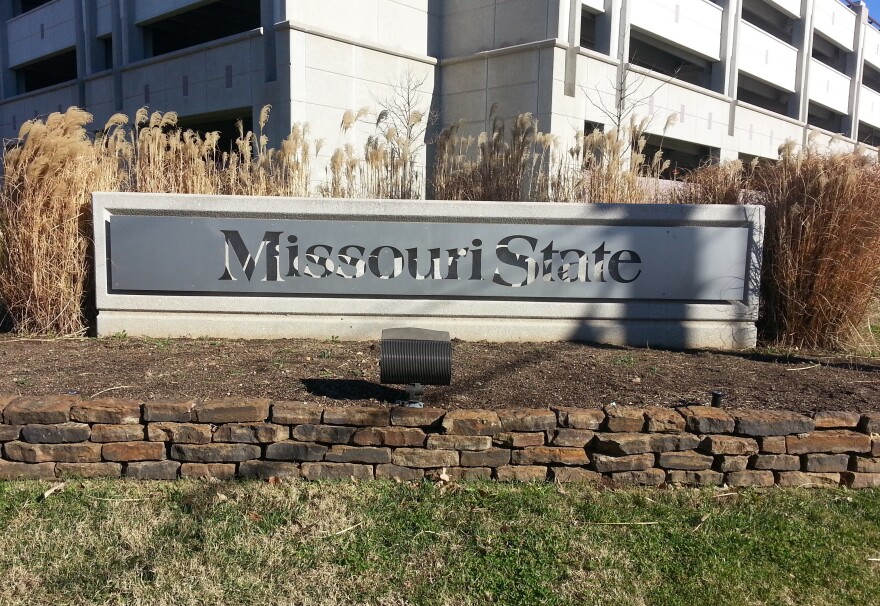Missouri State University President Clif Smart says allegations of mistreatment against Vice President Dr. Ken Coopwood, while a distraction to some extent, will not take away from the school’s primary focus of improving diversity and inclusion efforts.
An ongoing independent review into the allegations comes as MSU students are calling for more action and accountability concerning diversity measures.
Speaking to KSMU during the monthly segment Engaging the Community, Smart says he has not mistreated Dr. Coopwood, and to his knowledge no one has.
“I think it’s unfortunate that that internal matter has become public but I am confident that I will be completely vindicated in an investigation and then we’ll move forward with the meaningful work of the university,” he said.
The investigation is expected to be completed before the end of the year.
Coopwood, the vice president of Diversity and Inclusion, is MSU’s first black vice-president. An online petition by Du’Sean Howard alleges that staff in Coopwood's division have "been despicable and hostile towards him." Reached by email, Dr. Coopwood declined to comment to KSMU on the situation.
Meanwhile, the conversation continues between school administrators and a group of minority students on myriad of concerns. The dialog dates back months and drew a lot of attention in mid-November when seven students authored a “list of demands.” The university responded, and last week some of those same students shared their views before the MSU Board of Governors.
They claim the university is saying the right things but not taking enough action to mitigate concerns. Smart says part of that perception is because not everything the school is doing is well known.
“That’s not a criticism of the students. There’s no reason they should know all of the diversity efforts that are going on. They’re often not typically involved in all the hiring decisions and processes and searches in a given year, for example,” said Smart.
He admits there are other things MSU can do a better job of engaging the students on, which Smart says officials have already started.
“A piece of that is both expanding our facilities and programming within Multicultural Programs. And so we’ve already had our first open house – town meeting – to talk about that. We’ll have another, several others next year. We’ll bring a consultant who will interact with the students on that.”
Diversification of faculty and staff is another piece, noting two diverse hires over the last week and more than 20 percent of hires in the Provost’s office over the past year. Smart admits the school does need to improve retention of those employees, and notes new mentoring and affinity programs to connect new hires of all backgrounds to the university and to each other.
“Should I be held accountable for that? Absolutely,” he said. “Should each of my administrators that have that target and have that responsibility be held accountable for that? Absolutely. And they’ll be evaluated on their annual evaluations in part based on how they do on that.”
He says it’s clear that as a result of the events at the University of Missouri we’ve seen “kind of an empowerment across the country” from students who want their voices heard.
“And that’s okay. That’s a good thing. We shouldn’t be embarrassed by that and we shouldn’t respond in a hateful way to those students. Their goals and ours are the same. We want an inclusive campus and we want a campus that represents our state.”
Smart adds that the dialog surrounding these issues should be embraced as an opportunity for change and improvement.







